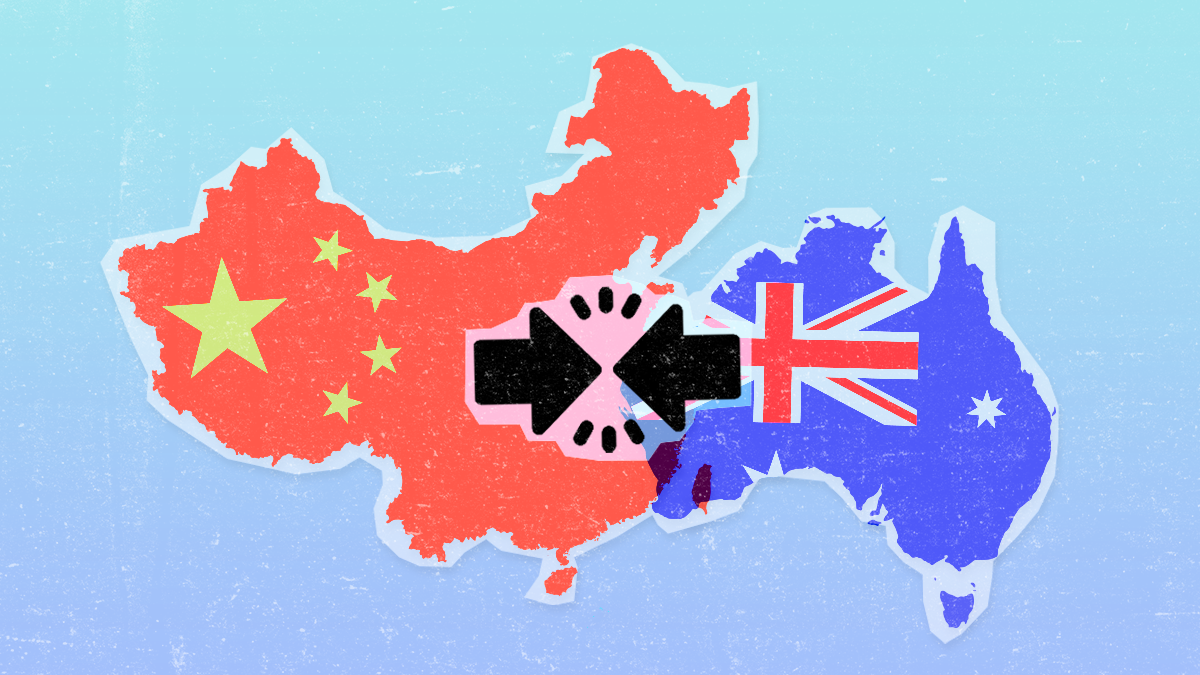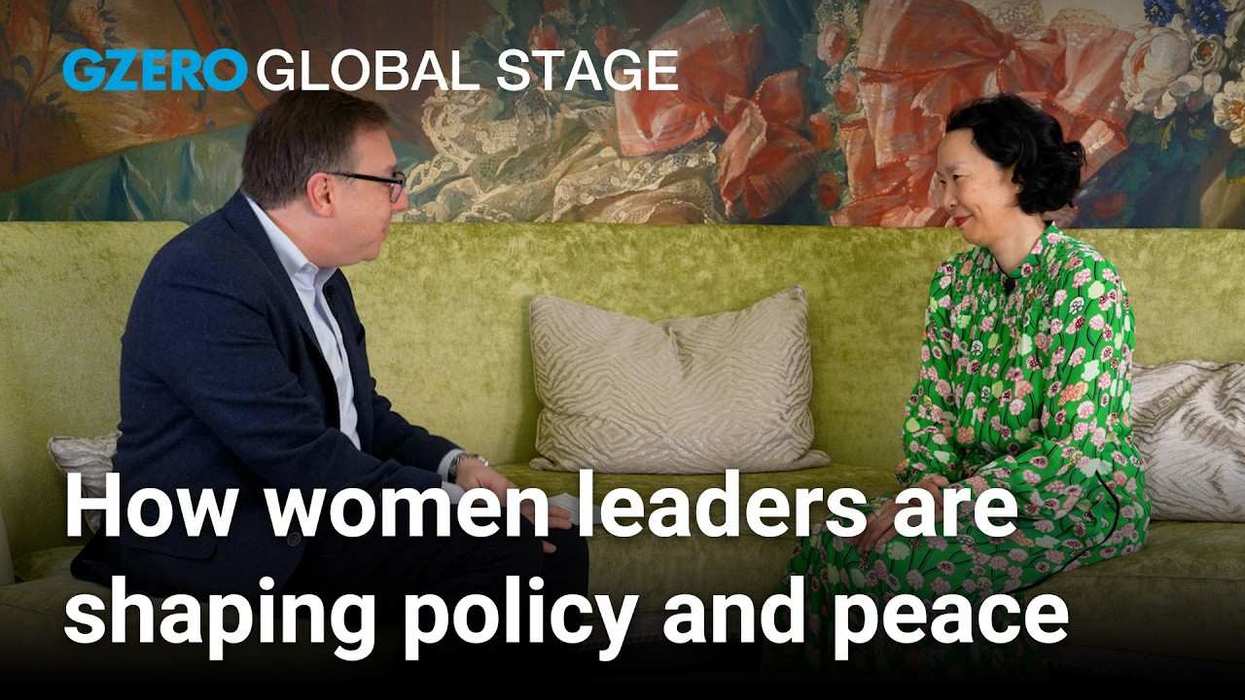For Beijing, there is thunder Down Under. Tensions between Australia and China just keep rising. After China responded to Aussie requests for a COVID investigation by imposing devastating tariffs and unofficial bans on Australian exports in 2020, Oz is pushing back hard now. Canberra on Friday accused China of “economic coercion,” while cybersecurity officials publicly confirmed malicious attacks against Australia by Chinese spy services working with Chinese telecom giant Huawei. The Aussies also say Chinese intelligence vessels are snooping around in Australia’s Exclusive Economic Zone. These accompany several clearly pro-American moves this year: the Aussies have signed on to AUKUS, an exclusive military club with Washington and London that gives them access to unprecedented weapons tech, are allowing the buildup of US military infrastructure (read, bases) on its soil, and joined America in a diplomatic boycott of the 2022 Beijing Winter Olympics. But the Australians are taking the tensions directly to China’s neighborhood, too. Canberra just signed a $770 million weapons deal with South Korea, including tech to build Howitzers — really, really big artillery guns. And even though the spat between the two continues, there is evidence that Australia, though heavily dependent on trade with China, is successfully pushing for diversity in trade partnerships.
VIDEOSGZERO World with Ian BremmerQuick TakePUPPET REGIMEIan ExplainsGZERO ReportsAsk IanGlobal Stage
Site Navigation
Search
Human content,
AI powered search.
Latest Stories
Sign up for GZERO Daily.
Get our latest updates and insights delivered to your inbox.
Global Stage: Live from Munich
WATCH RECORDING
Latest Videos
More For You
Most Popular
Load More
GZERO Daily: our free newsletter about global politics
Keep up with what’s going on around the world - and why it matters.



















